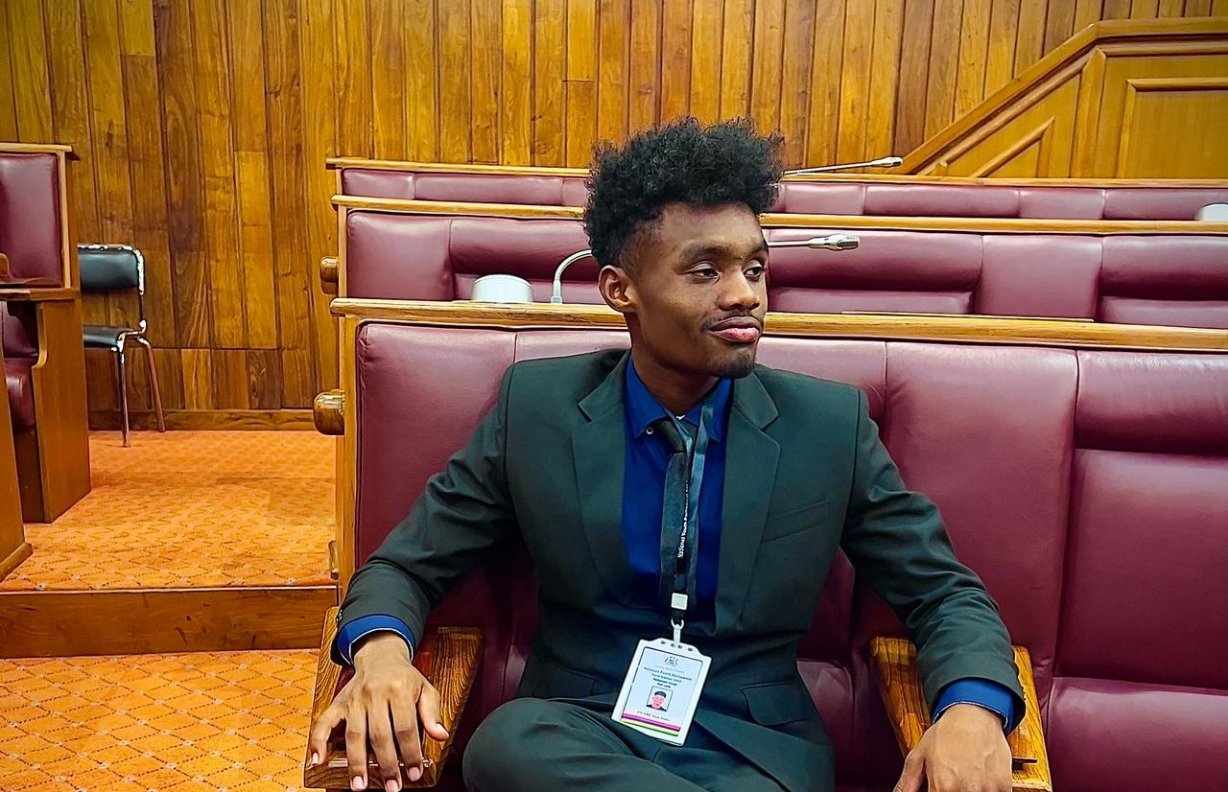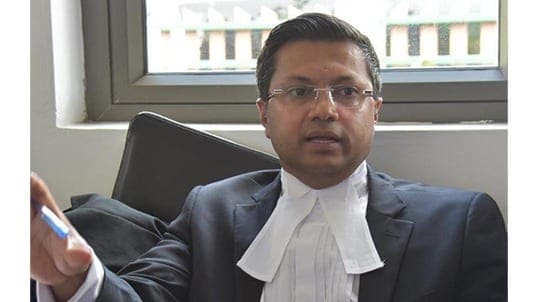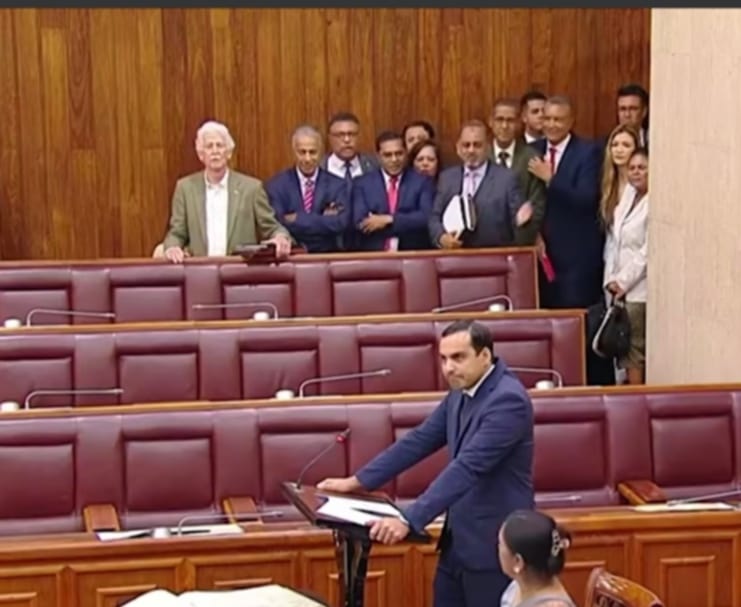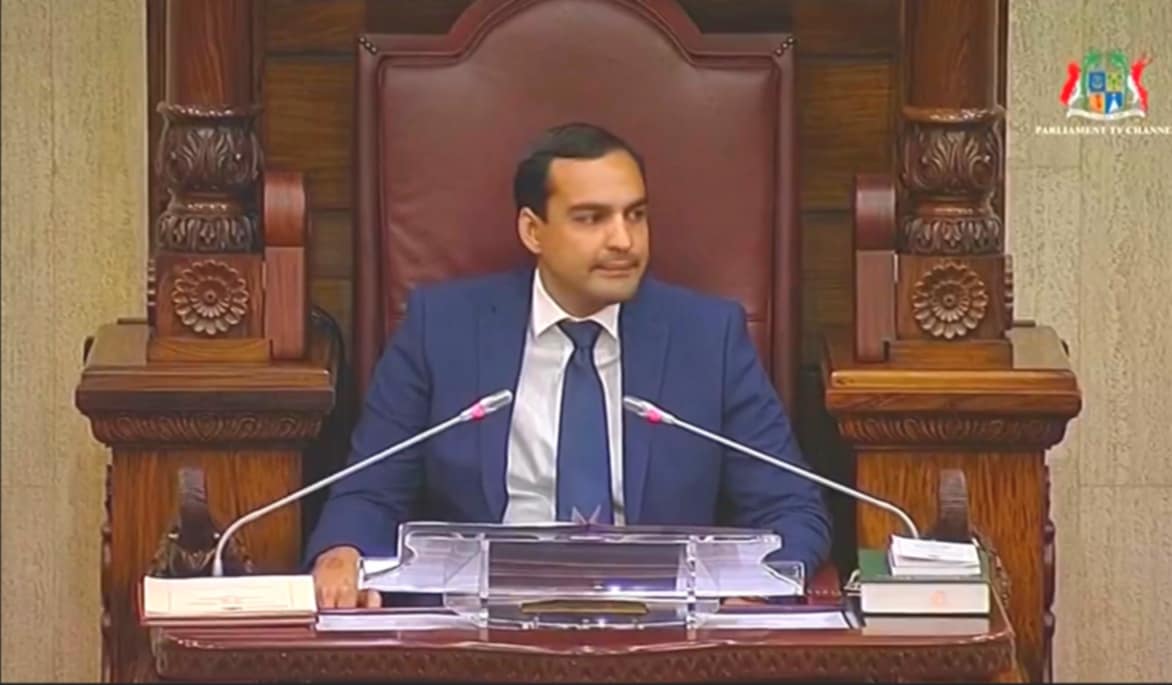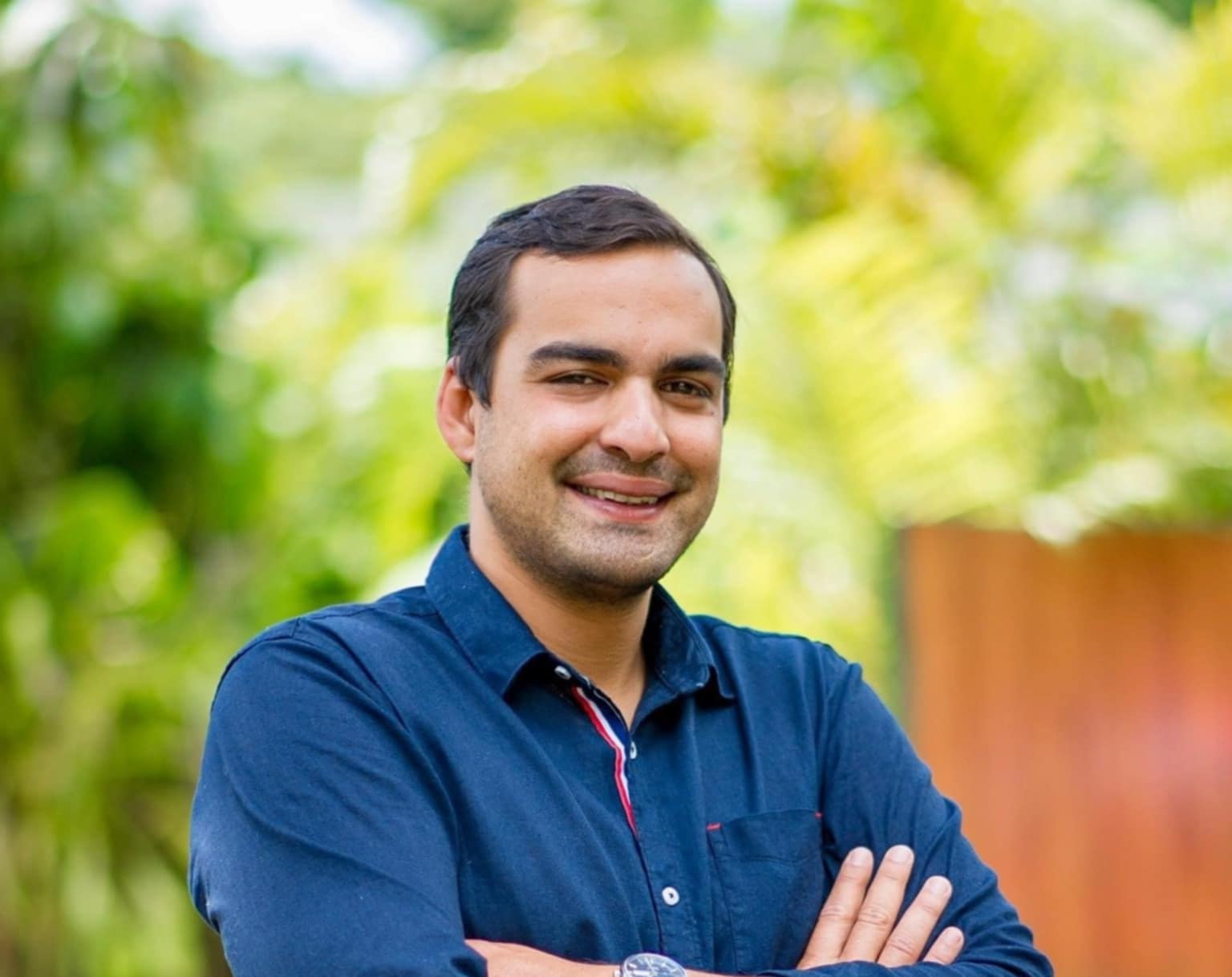In the shadow of seemingly noble intentions, the FCC bill looms as a monstrous specter, threatening to shatter the very foundation of democracy in Mauritius. Its initials, far from representing a Financial Crime Commission, eerily align with the Foolishness of a Coldhearted Chauvinist, painting a bleak portrait of the future.
As the DPP bids farewell, replaced by an apolitical nominee handpicked by the Prime Minister, the ominous implications of this Orwellian legislation become clear. The once-independent judiciary succumbs to the whims of political maneuvering, leaving citizens at the mercy of a faceless entity with unchecked power.
The parliamentary debate, ostensibly a platform for democratic discourse, unfolds as a tragicomedy of contradictions and ambiguity. The movers of the motion stumble through their script, lacking the fire, vision, and passion that should accompany such a monumental shift in governance. Instead of inspiring trust, their faltering expressions cast doubt on the credibility of their endeavor.
Opening the bill’s 154 pages reveals a void of revolutionary safeguards, debunking the promises sold to the public. Abdool Rashid Ahmine’s futile battle against the Police Commissioner pales in comparison to the apex rival that emerges – a predator of freedom with an iron grip on the nation.
The blasphemous core of the bill lies in the Prime Minister’s authority to appoint the director general, an affront to any notion of checks and balances. Hon. Bodha’s sensible proposal for a select committee is dismissed, rendering the opposition irrelevant in the face of a government determined to consolidate power.
The timing of the bill’s passage during the festive period, coupled with a mere majority vote, echoes George Orwell’s dystopian fiction rather than democratic reality. The impending legislation transforms Mauritius into a surveillance state, with a scope so vast that no citizen is safe from unwarranted intrusion.
A chilling case study unfolds, exposing the bill’s potential for abuse. The range of surveillance becomes unfathomable, and the ease with which AI can manipulate video raises the specter of fabricated scenarios to destroy political opponents. The FCC’s power to discontinue charges further solidifies its ability to cleanse images and manipulate narratives, rendering justice a mere illusion.
The bill’s claim to address financial crimes becomes farcical as government MPs mention the FCC’s intervention in rape cases, a blatant deviation from its purported purpose. The once-mighty DPP is rendered useless, as the FCC becomes a tool for political persecution.
In the face of this impending reality, the call for action resonates. The bill’s passage appears inevitable, but the demand for its incineration, exorcism, and permanent silence grows louder. The appointment of the director general should not be a political puppetry but a collective decision involving representatives from the Commonwealth, Privy Council, UN, and other international bodies.
Amidst the looming threat of the FCC bill, the youth of Mauritius find themselves trapped in a web of growing distrust in institutions. The very foundations of democracy, meant to represent the collective will of the people, are eroding beneath The Silent Demise of Democracy: Unveiling the Terrifying Reality of Mauritius’ FCC Bill the weight of opaque legislations and political maneuvering. A pervasive sense of disillusionment grips the younger generation as they witness the betrayal of democratic ideals, further deepening their skepticism towards institutions that were supposed to safeguard their future.
This disheartening reality exacerbates an already troubling trend – the youth exodus. Faced with the prospect of living under the oppressive gaze of an unchecked surveillance state, many talented and ambitious young minds contemplate leaving their homeland in pursuit of a more promising and liberating future abroad. The brain drain threatens to strip Mauritius of its most dynamic and innovative voices, leaving a void that may take generations to fill. The exodus becomes not just a physical departure but a symbolic rejection of a system that fails to honor the aspirations and dreams of its own youth.
The youth’s aversion to politics intensifies as they witness the passage of initiatives like the FCC bill, which only serves to reinforce the perception that political processes are disconnected from the genuine concerns of the people. Bogus initiatives, driven by hidden agendas and lacking the foresight to address the real issues faced by the youth, only further fuel the flames of resentment. A generation once eager to engage in the democratic process is now driven away, disillusioned by the betrayal of promises and the relentless pursuit of power at the expense of their well-being. The disconnect between the political elite and the youth becomes an unbridgeable chasm, pushing the next generation further away from a system that no longer represents their hopes and aspirations. The only thing that is now interesting to the youth is the memes: ‘Aster Chacha, I order you out “ what a shame..
Mauritius stands at the precipice of a chilling era, where fear, surveillance, and unchecked power threaten to extinguish the flickering flame of democracy. As citizens brace themselves for the impending darkness, the cry for resistance echoes in the corridors of a nation on the brink.
Juan Pierre
U.S. Dept of State PAYLP Ambassador
President National Student Council Chief whip National Youth Parliament


